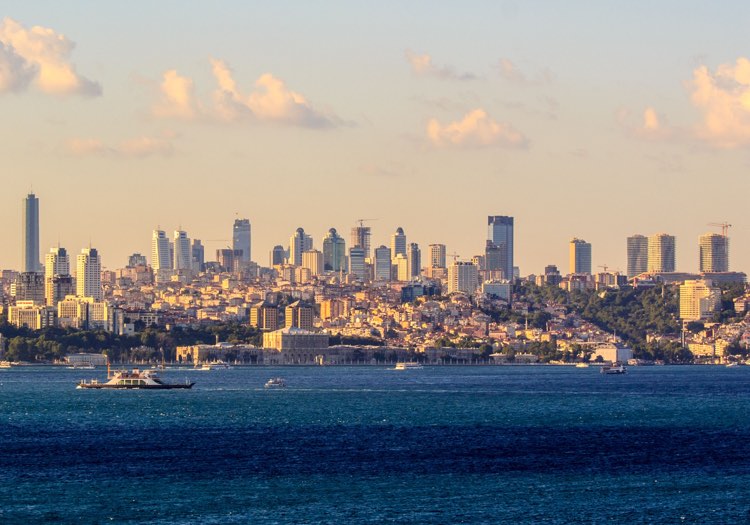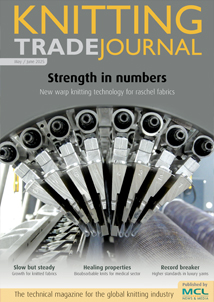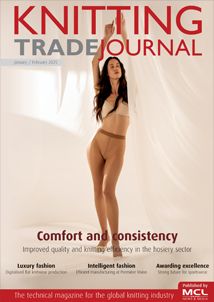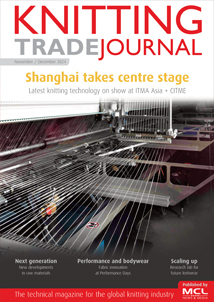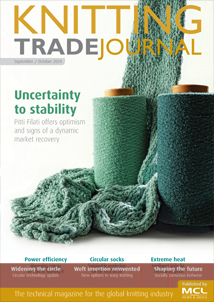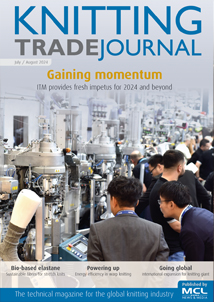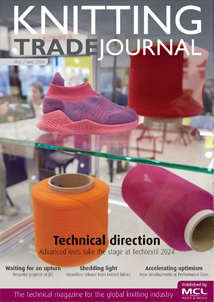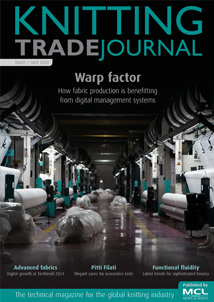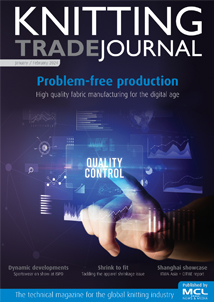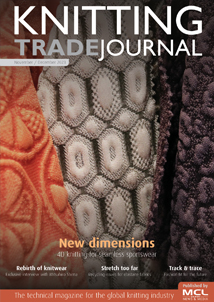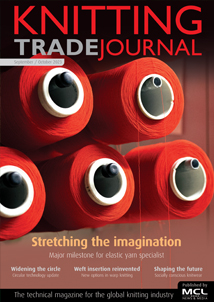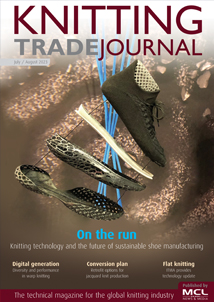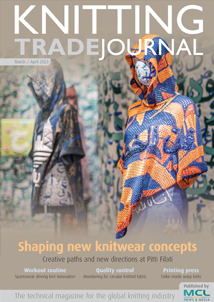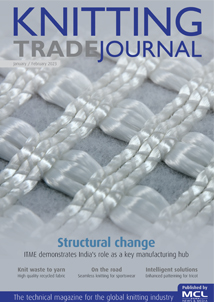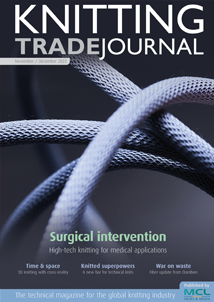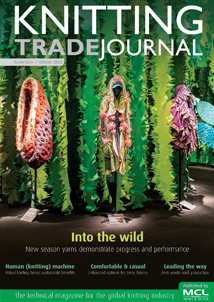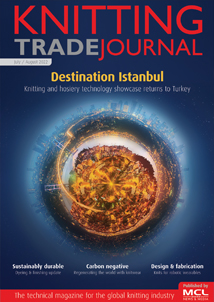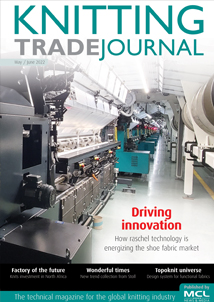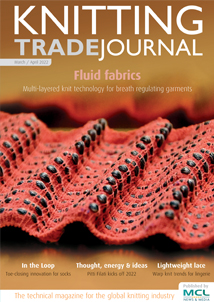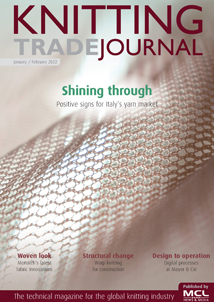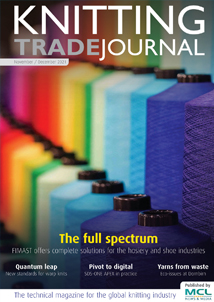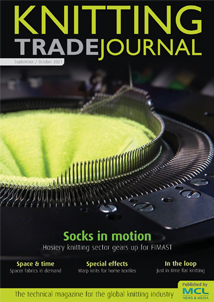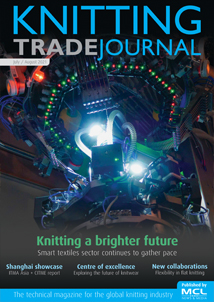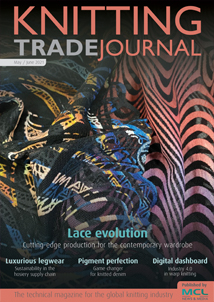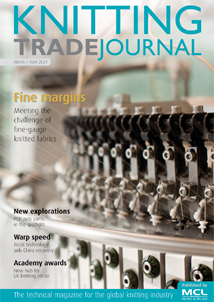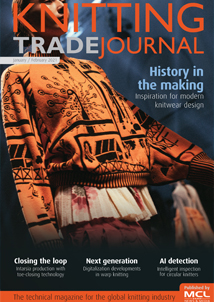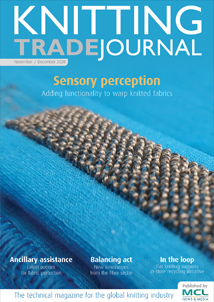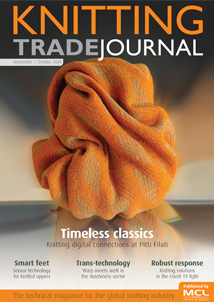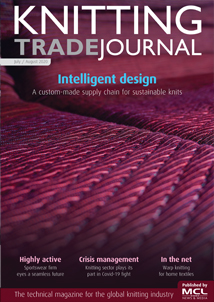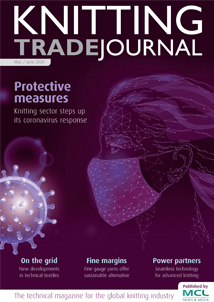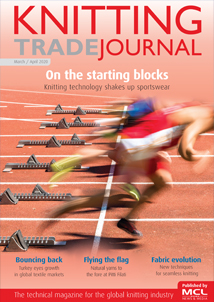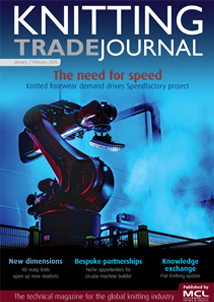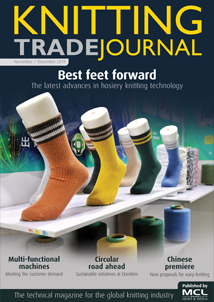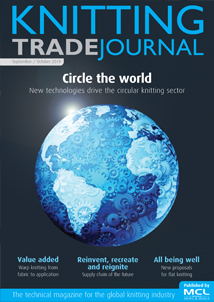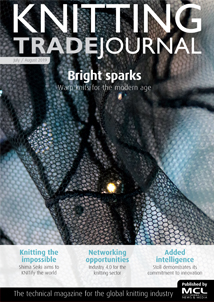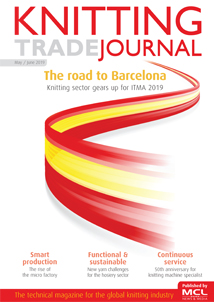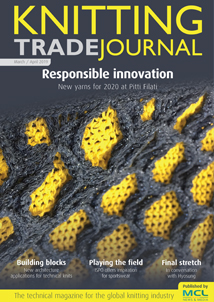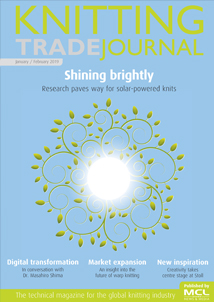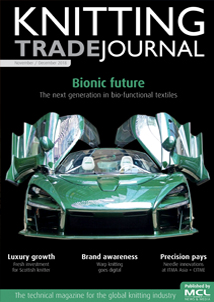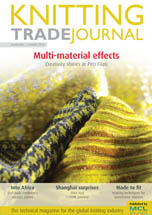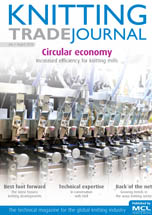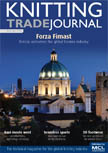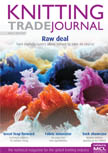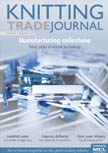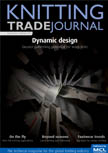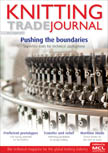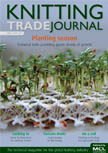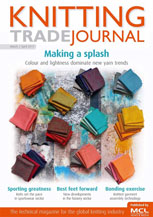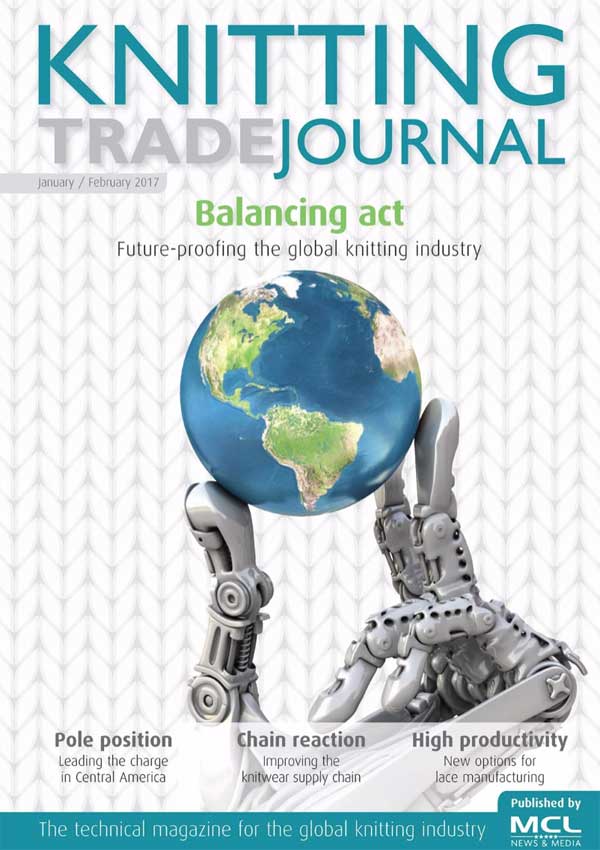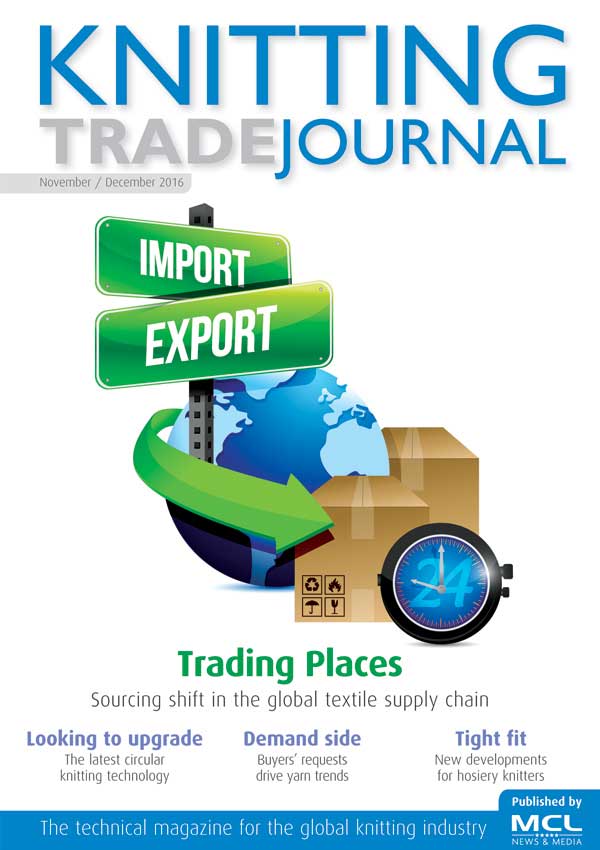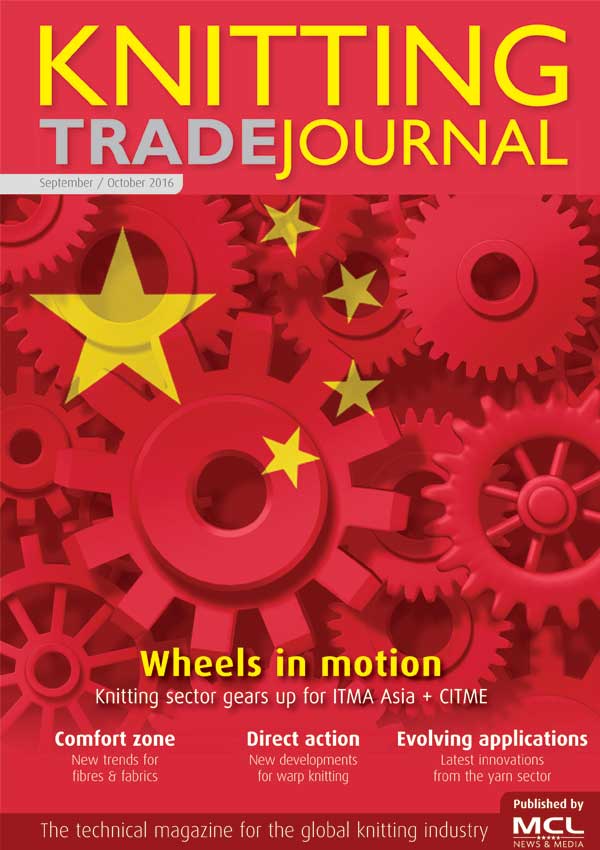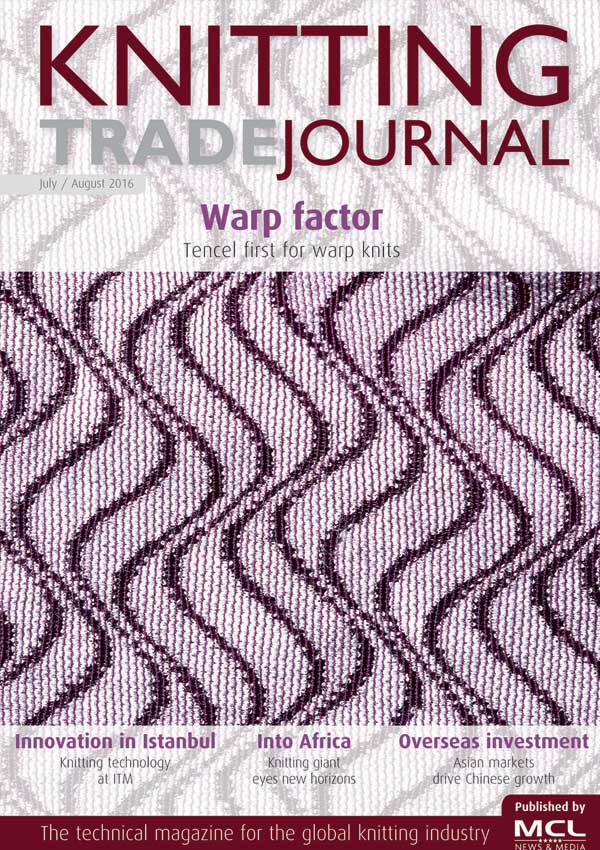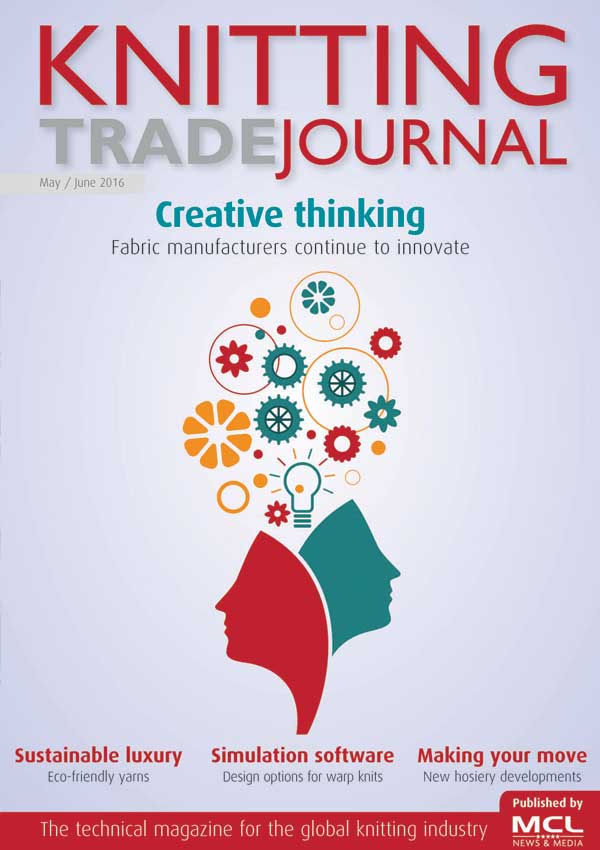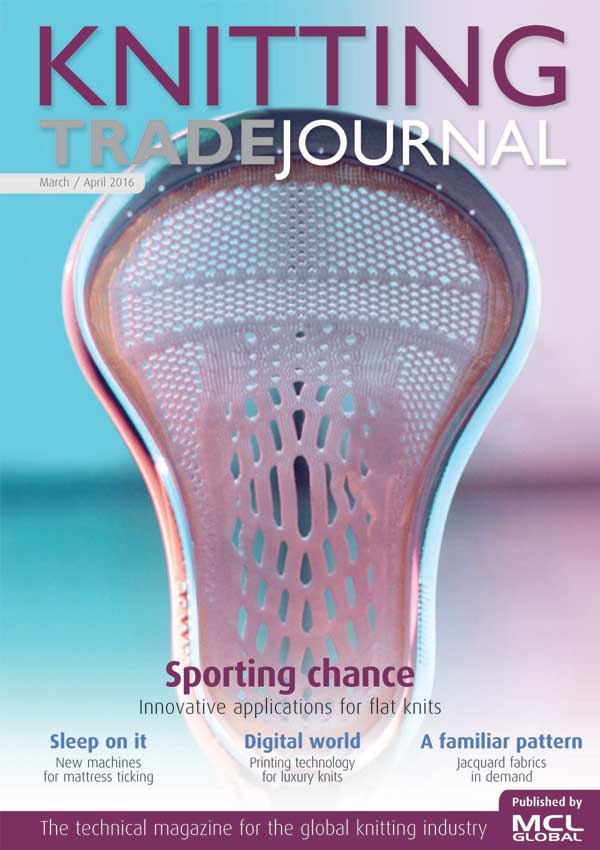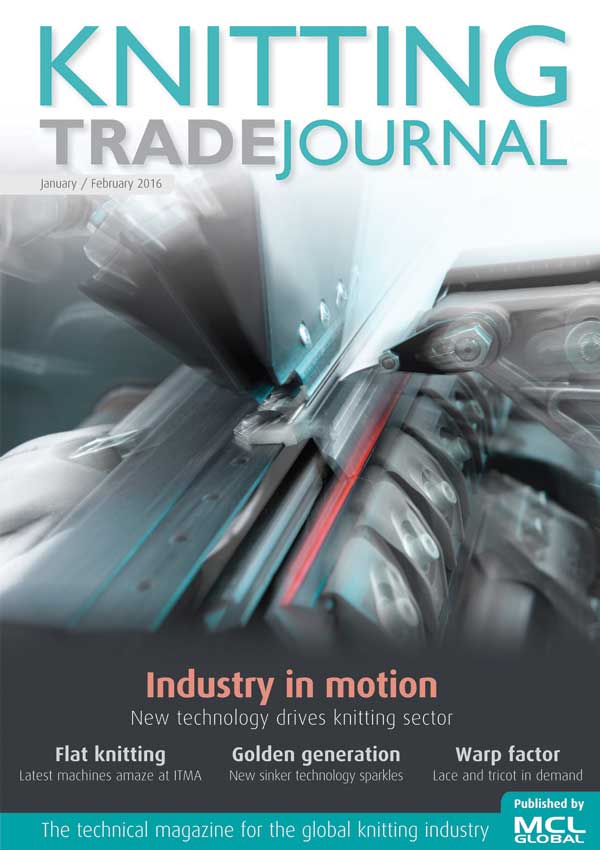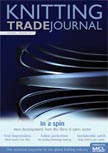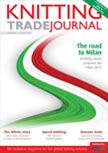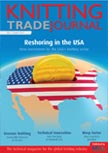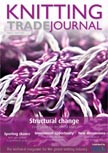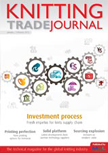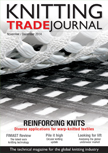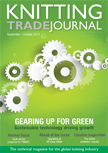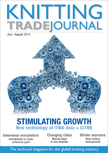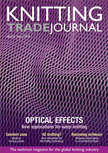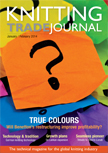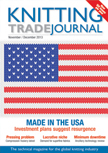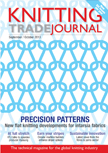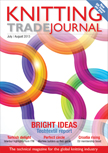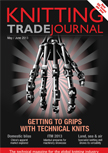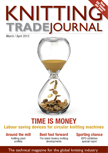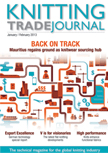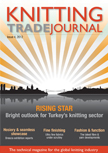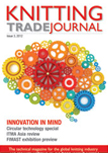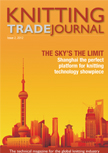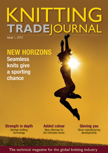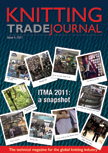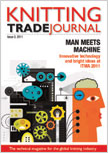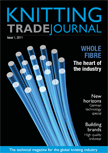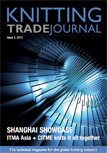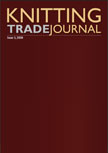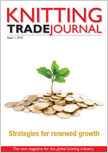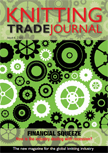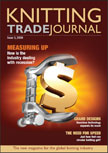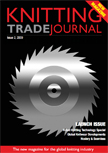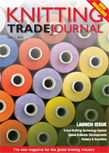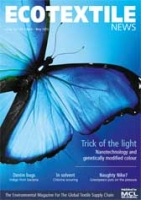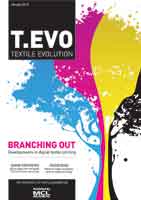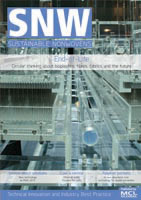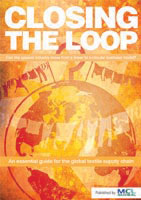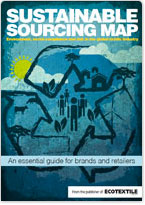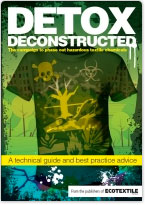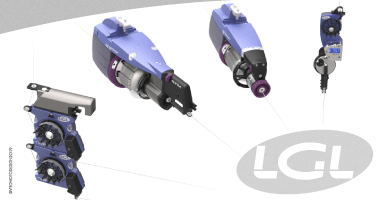Istanbul - Next year's ITM exhibition is expected to act as a major springboard for further investment in the Turkey's knitting sector.
Exhibition organisers have stressed that the Turkish knitting and wider textile industry, which has continued to increase its exports levels and its investments throughout the coronavirus pandemic, is once again showcasing its resilience - a factor that will continue in the build up and beyond ITM 2021.
"The exhibition will provide a great advantage to companies that desire to expand their investments and introduce their brand new technologies," organisers said, highlighting how despite the slowdowns in the textile industry in 2020, Turkey succeeded a big breakthrough with the removal of restrictions in June, thanks to both its textile production infrastructure and international exports capacity.
"The exports of the textile and raw materials sector increased and the companies turned to new investments," organisers said. "While many local companies enlarged their facilities, some of them made new investment decisions. For example, while a giant hygienic and medical fabric production facility was invested in Çorlu, another Turkish company, a global brand in textile machinery production, decided to invest 40 million Turkish Lira."
Strategic
Turkey is increasingly regarded as one of the world’s most strategic locations, a meeting point between East and West at the heart of global textile industry.
As a manufacturer of high quality textiles, it produces a wide range of yarns, fabrics, garments, home textiles as well as a large amount of technical textiles. With its advanced textile industry, the demand for textile machinery in Turkey is increasing every day, a fact that is illustrated by the growing importance of the ITM exhibition. The 2018 edition, which hosted 1,150 companies from 64 countries, welcomed a record 59,000 visitors, a 16 per cent increase compared to the 2016 edition and a clear indication that this year's show, scheduled for 2-6 June, can set new records once again.
Economy
Turkey's textile and apparel industry is regarded as the driving force of the Turkish economy, accounting for 35 per cent of the country's total exports, 11 per cent of employment, 10 per cent of GDP and 25 per cent of the total amount of industrial investments in the country. The latest data shows that the Turkish textile industry is in sixth place in terms of exports with more than 50,000 workplaces and a total of 2.5 million employees. As the world’s seventh largest textile manufacturer, Turkey is currently the second biggest supplier to European Union countries.
Turkey is also the fourth largest buyer of textile machinery with the country's textile manufacturers relying heavily on imported machinery and technologies for their investments when domestic production does not meet the demand.
In 2018, of the US$27.5 billion spent on textile machinery globally, Turkey was the fourth largest investor, spending $1.9 billion.
The latest figures from TURKSTAT (Turkish Statistical Instıtute) show that of the $1.9 billion total investment, $523.2 million was for the machinery used in preparation of yarns and fibres. Weaving machines ranked as the second highest with $316.9 million dollars while flat and circular knitting machines ranked third with $316.1 million.
The fourth most imported machinery group was machines used in textile finishing. Imports of machinery in this group reached $273.6 million in 2018.
In terms of textile finishing industry, Turkey now has around 600 facilities which are renowned for their know-how, production capacity and quality of producing finished knitted fabrics, primarily made of cotton and viscose. Vehbi Canpolat, Chairman of Migiboy Tekstil and President of TTTSD (Turkish Textile Dyeing and Finishing Industrialists Association) says: “When we say ‘the textile finishing sector in Turkey is playing to world leadership’ we don’t say it for nothing. In the global market, Turkey is the best place for finishing of the knitted fabrics made of cotton and viscose, which we call natural fibres. We have experience in this area. If you ask me about capacity, I can say that we are the 3rd country with 600 factories after China and India.”
Exports
Overall, clothing and textile exports from Turkey are expected to continue to rise this year, following the record-breaking export figures in 2018.
New target markets include Africa as well as the South American and Asian markets.
In 2018, Turkish textile and clothing exports to the Americas increased by 6 per cent to $794 million. However, more than $600 million of this total was accounted for by the USA so exporters have identified increasing its presence in the rest of the Americas as a key factor in achieving its targeted export growth.
According to Ahmet Öksüz, the chairman of the Istanbul Textile and Raw Materials Exporters’ Association (ITHIB), Turkey's ability to increase market diversity in its exports to the Americas is very important in terms of sustainable exports. "In 2018, our industry’s textile and raw materials exports amounted to $10.5 billion dollars," he says. "Just as in 2018 when the exports broke a record of the Republic’s history, we are expecting the exports to continue to rise as well.
Turkey is also looking for growth in Asian markets and is looking to implement specific projects for Japan and South Korea.
"In 2018, our exports of textile and raw materials to Asia and Oceania increased by 25.1 per cent to $677 million," notes Öksüz. "In the coming period, we aim to implement projects for exports to Japan and South Korea where Turkey’s textile and raw materials industry can perform sustainable value-added exports. In this regard, we attach great importance to the Free Trade Agreement, which our Ministry of Trade aims to conclude with Japan.
Investments
Supporting this export growth is the expansion of Turkey's textile manufacturers, which the ITHIB says, is continuing at a significant pace, despite the global market slowdown.
Gama Recycle, for example, now boasts the world’s largest recyclable yarn capacity, transforming approximately 6,000 tons of plastic bottles per month into polyester fibres. Yasin Tekstil, on the other hand, now employs around 300 people following a major investment in the modernization of its spinning mill which had been opened in the city of Sivas with the company planning to establish a second factory with a view to creating a further 1,000 jobs.
In the Savur district of Mardin, a textile manufacturer is planning an investment of 47,450,000 TRY, with the support from the government and from the Dicle Development Agency (DIKA) for a plant that will provide 3,000 jobs.
Elsewhere, technical textiles manufacturer Metyx has invested in new warp knitting production lines aimed at expanding its facility in Manisa and underpinning its new international expansion strategy. Metyx has a strong reputation for producing stitch-bonded, non-crimp reinforcements made out of high-tenacity fibres such as E-glass, S-glass, aramid, and carbon. The order for Karl Mayer has seen the supply of new warp knitting production lines to provide 12,000 tonnes of additional glass and carbon fibre multiaxial fabric capacity.
Harput Holding, meanwhile, and its Indian partner is to implement a POY production project, with an investment of $100 million. The plant in the Bursa region will produce two thousand tons of POY per month.
Yeşim Textile, one of Turkey's largest circular knitters is expected to ramp up its production and export capacity, significantly increasing the number of its employees at its key facility in Bursa. In 2019, Yeşim also opened a new production plant in Egypt. The company, a major supplier to sportswear giant Nike, already operates a garment make-up operation in the North African country. However, it is now ramping up its presence there with a knitting facility equipped with new Monarch knitting machines.
The order from Yeşim includes mostly 28G single jersey models and 3-thread fleece machines in 20G, including the latest MXC-S3.2DFDRE, a single-knit machine for the production of fleece fabrics.
Yeşim has transformed the Bursa plant in recent years with significant investments in Monarch technology installing 3-thread fleece machines such as the VXC-ZDF4 in 20G in diameters of 30 ins and 34 ins.
Yesim also has a line of 48 ins diameter double jersey machines from Monarch equipped with open-width fabric take-down and even super-wide 60 ins diameter models (JVXC-3S 60) in 28G for the production of elastane fabrics.
These machines can produce up to one ton of fabric per day. It also has around 24 v-bed knitting machines for making trims and has a daily production capacity of 55 tonnes of knitted fabric.
A key supplier to Nike since 1999, Yeşim Textile also manufactures for a number of other international brands such as Zara, Pull&Bear, Bershka, Esprit, Calzedonia, Tchibo, Converse, Tommy Hilfiger and Mavi. As well as its main production facilities in Bursa and Egypt, the company also has its own facilities in Moldova as well as several other facilities manufacturing within Turkey.
Elsewhere, the first steps have also been taken to establish Turkey’s biggest integrated textile plant in the Elazig Industrial Zone while Kipas Tekstil has signed a strategic agreement with Unifi Asia Pacific for the supply of Repreve fibres. Kipaş has also established a $100 million textile factory in Kahramanmaraş.
Other projects recently completed or in the pipeline include a €400 million investment from Kara Holding to build a factory producing cellulosic fibres, and a 32.2 million TRY investment from Taha Giyim in the in Malatya Industrial Zone No.1 in Eastern Anatolia. This 60,000 square metre facility employing 550 people will produce two million garments per year - mostly t-shirts, polo shirts and formal shirts - and will include a new cut & sew department and warehouse.



